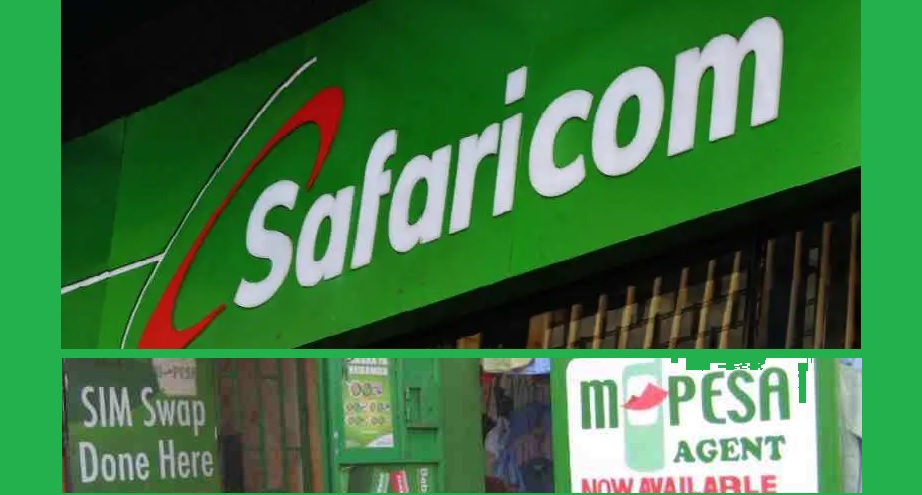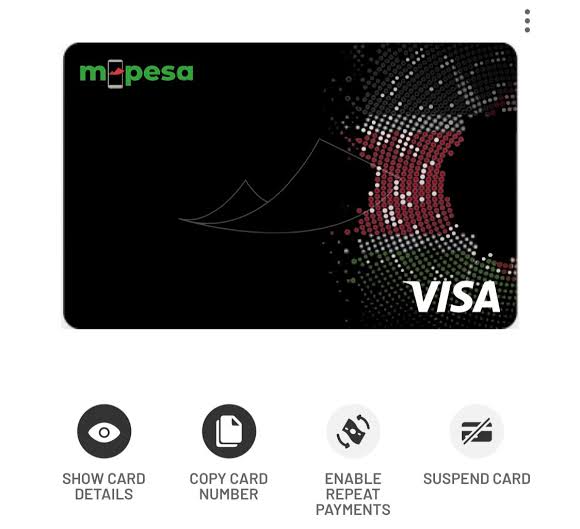M-Pesa will not split from Safaricom any time soon … well unless regulators push it to the limits.
Vodacom has made this clear saying that the business must remain intact with M-Pesa remaining integrated as part of Safaricom.
The company ruled out listing the mobile-money business separately from Safaricom, putting fresh water on calls from some regulators and politicians for a structural split.
The Business Daily Africa reported that on Wednesday, November 12, 2025. Vodacom Group CEO Shameel Joosub made the comment on the issue of whether M‑Pesa should be separated from Safaricom PLC during an earnings call with investors on Monday, 11 November 2025.
The statement comes amid renewed debate in Kenya over whether M-Pesa’s dominance in mobile payments should be separated from Safaricom’s core telecoms operations to boost competition. Vodacom (which holds an effective ~35% indirect stake in Safaricom) made clear it sees M-Pesa as an integral part of Safaricom’s product ecosystem and financial model, and therefore not for separate listing or hiving off.
Vodafone’s influence dates back to the origins of M-Pesa: the product was launched in partnership between Safaricom and Vodafone, and Vodafone played a leading role in the platform’s early design and roll-out.
That historic involvement, plus Vodafone’s rearranged shareholding where a 2017 transaction moved a roughly 35% indirect stake into Vodacom while Vodafone retained a smaller direct share gives the Vodafone/Vodacom group material governance clout at Safaricom. Those ownership links mean Vodacom and Vodafone can shape strategic choices around M-Pesa, technology hosting and fees.
Calls to separate M-Pesa stem from competition and public-policy concerns. Regulators, some policymakers and independent analysts have argued that Safaricom’s control of mobile money creates barriers for rivals and risks entrenching market dominance that stifles innovation and keeps prices high for certain services.
Past market-dominance reviews and consultant studies have raised the possibility of a forced separation as a remedy, and parts of government have also signalled interest in structural change to unlock value in state shareholdings. Proponents say a standalone M-Pesa could open the platform to wider partnerships, clearer regulation and more transparent pricing.
Safaricom itself has repeatedly said it would consider structural moves only if they clearly create investor and consumer value, and the Central Bank and other agencies have weighed but not finalised any compulsory separation plan. Meanwhile the Kenyan government’s recent public-finance moves, including plans to monetise some state assets, have fed speculation that changes to Safaricom’s structure could also be motivated by fiscal as well as competition goals.
For now, Vodacom’s public rejection of a spin-out keeps M-Pesa firmly inside Safaricom. But the debate is unlikely to disappear while concerns over market dominance and regulation remain.




